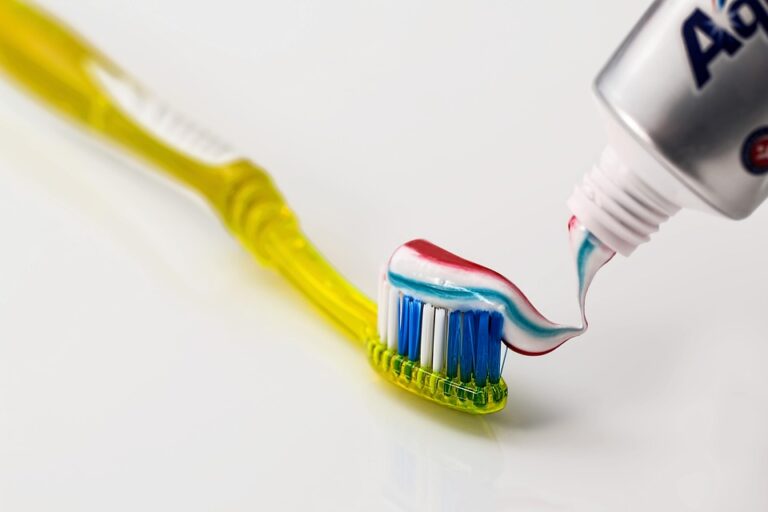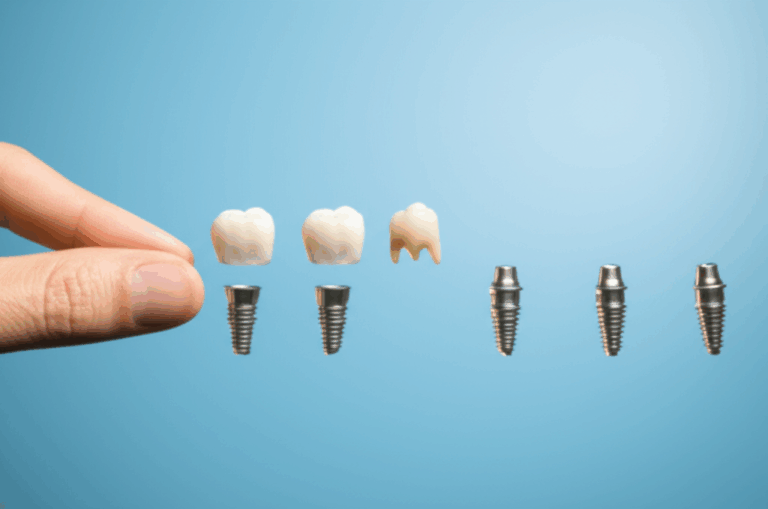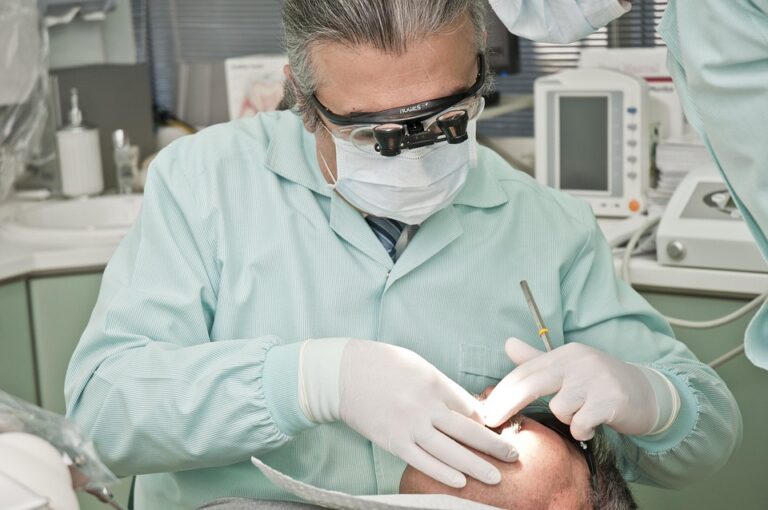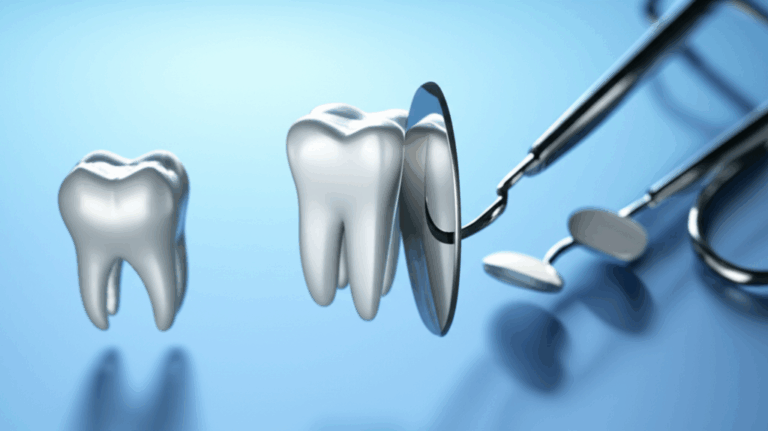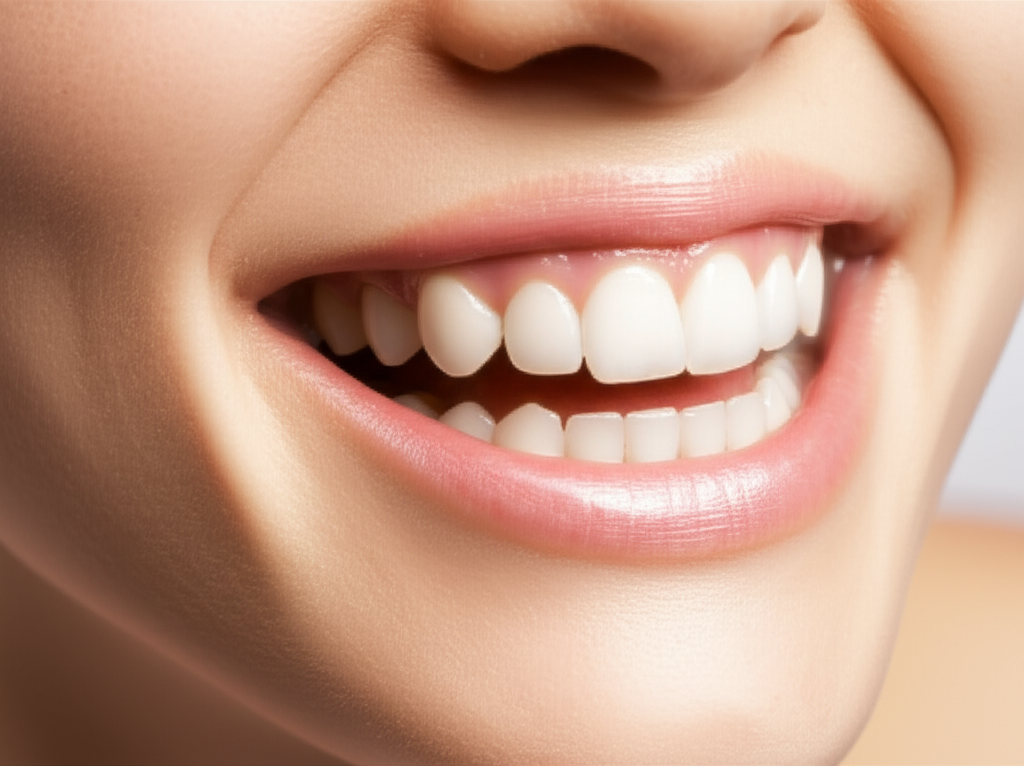
Can Statins Cause Dental Problems? Understanding the Link & Protecting Your Oral Health
That annoying dry mouth. Sore, puffy gums. Maybe even a weird metal taste every time you eat. If any of these problems have shown up after you started a statin medicine, you’re not alone—and it makes sense you want answers. Statins are important for your heart, but you might wonder: Can statins mess with your teeth or gums? If yes, what can I do?
Let’s dig into what’s true and what’s rumor, so you can look after your heart and your smile.
Table of Contents
- The Core Question: Do statins really cause dental problems?
- Statins Explained: How these meds work and why they matter
- The Mouth-Statin Connection: Exploring dry mouth, gum health, bone, and more
- Research Review: What does the science actually say?
- Everyday Solutions: Protecting your teeth and gums on statins
- When to Get Professional Help: Symptom red flags
- Key Takeaways: Summing up your best next steps
The Core Question: Can Statins Really Cause Dental Problems?
Here’s what you want to know: Can taking statin meds hurt my teeth or gums?
The short answer: Direct, proven links between statins and dental problems are pretty rare. Still, some people do have side effects like dry mouth, taste changes, or even gum problems. On the other hand, some studies show statins might even help keep your gums healthy because they fight swelling.
But, things like dry mouth from statins can lead to other problems—like more plaque and germs, which lead to tooth and gum trouble. So, while your medicine isn’t “rotting your teeth,” it could be part of the problem if you notice new mouth symptoms.
Why does this matter? Your mouth health is closely tied to your overall health. Statins lower dangerous cholesterol, which helps prevent heart attacks and strokes. But keeping your mouth healthy means eating, talking, and smiling is comfortable. You deserve both.
Let’s talk about what statins are, how they might affect your mouth, and what you can do about it.
Statins Explained: The Heart Protectors
Statins—officially called HMG-CoA reductase inhibitors—are strong prescription drugs. Common names are Atorvastatin (Lipitor), Simvastatin (Zocor), Rosuvastatin (Crestor), Pravastatin (Pravachol), Fluvastatin (Lescol), and Pitavastatin (Livalo).
What do statins do?
They lower the “bad” LDL cholesterol in your blood and reduce swelling inside your blood vessels. Picture them as clean-up workers for your arteries, getting rid of sticky cholesterol that clogs things up.
Doctors give statins for these reasons:
- Stopping heart attacks and strokes
- Helping people with heart disease or high risk for heart problems
- Helping folks with diabetes or very high cholesterol
Common statin side effects are muscle pains, mild liver test changes, and rarely tummy troubles. Mouth symptoms are only sometimes seen—and even then, the proof isn’t always clear.
So, the big benefit is for your heart. But what about your mouth?
Exploring the Mouth-Statin Connection: How Statins Might Affect Your Oral Health
Most people take statins and never have mouth trouble at all. But, everyone’s body is different, and a few mouth side effects do get reported. Here’s what to look for.
1. Dry Mouth (Xerostomia): Statin Side Effect or Coincidence?
Dry mouth is probably the top complaint from people on all kinds of medicine, not just statins. If your mouth feels dry or sticky after you started your meds, it’s not just you.
Why does dry mouth matter?
Your spit does a lot! It washes away food, balances acids, and keeps germs under control. Not enough saliva and your risk of:
- Cavities (holes in teeth)
- Gum disease (swelling and bleeding)
- Bad breath
- Sore spots or mouth infections
all goes up.
Are statins to blame?
Some studies and stories say yes, statins can cause dry mouth in some people. Others say it’s not certain. The real answer is probably in the middle. Dry mouth is a less common side effect, but if it happens, it’s annoying—and can lead to more dental trouble.
2. Impact on Swelling and Gum Health: A Surprise Bonus?
Here’s something you may not know: Statins help fight swelling, which means they might actually help your gums. Think of gum swelling like a little fire; statins could help put it out.
Studies show:
- Some people on statins have fewer gum problems (less swelling, bleeding, and deep pockets).
- Statins might help gums get better faster after dental cleanings.
But, if you don’t clean your teeth well, statins won’t save your gums by themselves.
3. Bone Changes and Jaw Health
This comes up mostly in medical journals, or in people taking really high statin doses for cancer—not the regular doses for cholesterol.
Because some statins affect bones, doctors wondered if they might change jawbone strength. Stronger bone is good for your teeth! For most people, there’s no real worry about jaw bone loss or rare problems like dead bone, but if you have jaw pain or swelling, tell your dentist.
4. Other Mouth Symptoms: Taste, Sores, Jaw Pain
Weird taste (dysgeusia): Some people notice a metallic or funny taste after starting statins. It’s rare, it usually goes away, and it’s not dangerous—but it sure can be annoying.
Mouth sores (ulcers): Statins don’t really cause canker sores, but if your mouth is dry, sores may heal slower.
Jaw pain or sore muscles: Statins can sometimes make your muscles ache. It’s mostly in your back or legs, but can rarely happen in your jaw.
What the Research Really Says: Clearing Up the Facts
This is where it gets tricky. Some places say statins “protect gums,” other places say they “cause cavities,” and others say there’s no link. So, what does science really say?
Let’s break it down:
- Dry mouth: Statins may play a role, but not for everyone.
- Gum disease: Many studies show statin users have a lower risk of gum disease or less severe gum problems. The anti-swelling effect helps.
- Cavities: Statins themselves don’t cause cavities, but if you have dry mouth, your cavity risk can go up if you don’t manage it.
- Mouth infections (thrush): Statins don’t weaken your immune system like some drugs, so they’re not a big cause of mouth infections. But, dry mouth makes it easier for germs to grow.
- Taste changes: Sometimes noticed, but rare and usually goes away.
- Serious jaw issues (osteonecrosis): Almost zero risk unless you’re on powerful, cancer drugs.
Why all the mixed info?
Lots of people taking statins are older adults. Age, other medicines, and past dental problems all matter, too. So, it’s hard for scientists to say that statins alone cause any one dental problem.
The bottom line: Statins are not directly “bad for your teeth,” but if you notice mouth changes after starting them—especially dry mouth—talk to your doctor and dentist.
Protecting Your Oral Health While Taking Statins: Easy Solutions
Statins are good for your heart, and with a little effort, you can keep your teeth safe too. Here’s how to look after both.
A. Keep Up Good Mouth Care
The best thing you can do? The basics you learned as a kid:
- Brush with fluoride toothpaste twice a day—morning and night. Don’t rush it.
- Floss daily to get the stuff between your teeth.
- Go to your dentist twice a year, or whenever they suggest.
If you have dry mouth, you risk more problems, so brushing and flossing are even more important.
B. Dealing With Dry Mouth
If your mouth feels like the desert:
- Sip water often, especially at meals. Water is your friend.
- Chew sugar-free gum or suck sugar-free candy to make more saliva.
- Use a humidifier at home, especially while you sleep.
- Try store-bought spit substitutes or sprays—ask the pharmacy.
- Limit caffeine, alcohol, and tobacco—they make dryness worse.
- Stay away from sticky, sugary foods, as these cause more cavities if your mouth is dry.
If these tips don’t work, ask your dentist or doctor for extra help.
Want more mouth care tips? Check out these teeth health basics for healthy teeth every day.
C. Be Open with Your Healthcare Providers
Good communication matters! Always tell your dentist about all your medicines, including your statin.
- Mention any new mouth symptoms—like bleeding gums, dry mouth, or jaw pain—to both your doctor and dentist.
- Do not stop statins on your own out of worry. Your heart needs them. Work together to manage any side effects.
- Ask about any new drug interactions if your medicines change.
D. Healthy Habits for a Great Smile
Think of this as a checklist for good health:
- Eat healthy: Lots of fruits, veggies, lean meats, and whole grains.
- Cut down on sugar: Less soda, juice, and candy means fewer cavities.
- Don’t smoke: It harms your gums, dries your mouth, and lowers your immune power.
- Drink less alcohol: Especially if you already have a dry mouth.
If you need a new crown or dentures, pick a trusted crown and bridge lab or dental ceramics lab for best fit and comfort.
When Should You See a Dentist or Doctor?
Sometimes, no matter what, mouth issues pop up after starting a statin. Don’t just “wait it out.” Get help if you notice:
- Dry mouth that won’t go away
- Bleeding, swollen, or shrinking gums
- Tooth pain or sensitivity you can’t explain
- Lots of sores, ulcers, or infection signs (like white patches, burning, or swelling)
- Jaw pain that won’t get better (if it’s bad—this is very rare but important)
Catching problems early keeps your teeth, smile, and life happy.
Who Needs to Worry Most? (Is This Article for You?)
Are you…
- Over 50?
- On more than one daily medication?
- Already had mouth problems before statins?
- Noticing new mouth symptoms you can’t explain?
If the answer is yes, this information is for you! The more boxes you check, the more your dental and medical team need to work together to keep you healthy.
But, most people won’t see mouth changes after starting statins. If you feel fine, just keep doing what works—and see your dentist regularly!
Quick Science Recap: Statins & Dental Health Made Simple
Let’s sum up what the research says:
- Statins don’t damage your teeth or gums on their own.
- Dry mouth is the most common mouth side effect (but not for everyone).
- Some proof says statins can help fight gum swelling.
- If you get more cavities or gum problems after starting statins, it’s probably from less spit, not the drug itself.
- There’s no strong tie between statins and jaw bone trouble, big infections, or losing teeth in folks with healthy mouths.
For more mouth disease info and risk details, check this complete guide to dental diseases.
Your Healthy Takeaway: Heart Health, Smile Health, and Confidence—Yes, You Can Have It All
Here’s what to remember:
- Statins save lives—they’re key for folks with heart risks.
- If you notice new mouth problems after starting statins, especially dry mouth, talk to your doctor and dentist.
- Good daily mouth care is your best protection.
- Stay hydrated, chew sugar-free gum, and skip smoking or extra sugar.
- Never stop your statin without advice.
- Honest talks and teamwork with your dentist and doctor are the way to go.
In short: You don’t have to pick between your heart and your teeth. With a few easy habits and open talks, you can keep both healthy.
Want more practical tips? Bookmark our dental care guide and explore our teeth information library.
Final Thoughts
You should never feel silly or ignored for asking about your meds and your mouth. If you started statins and feel something different, you deserve tips and support. Statins aren’t likely to ruin your teeth or gums for most people, but keeping an eye out and brushing and flossing right can prevent problems.
If your issues keep going, or you just want a dental checkup for peace of mind, call your dentist. They’re on your side for keeping your teeth, gums, and smile strong—no matter what medicines you take.
You’ve got this. Your heart and your mouth can both stay healthy.
> Medically reviewed and made with the latest research and patient-friendly advice. For questions about your medicine or personal care, always talk with your doctor and dentist.

